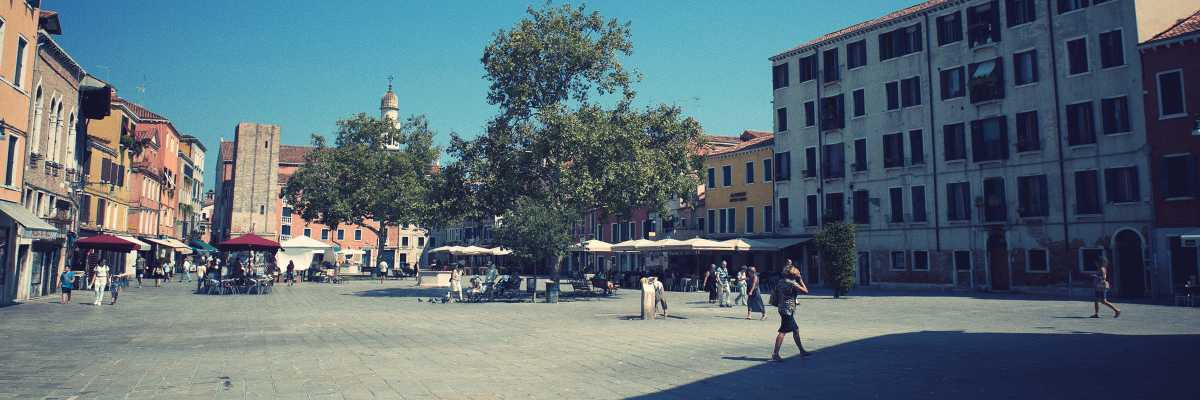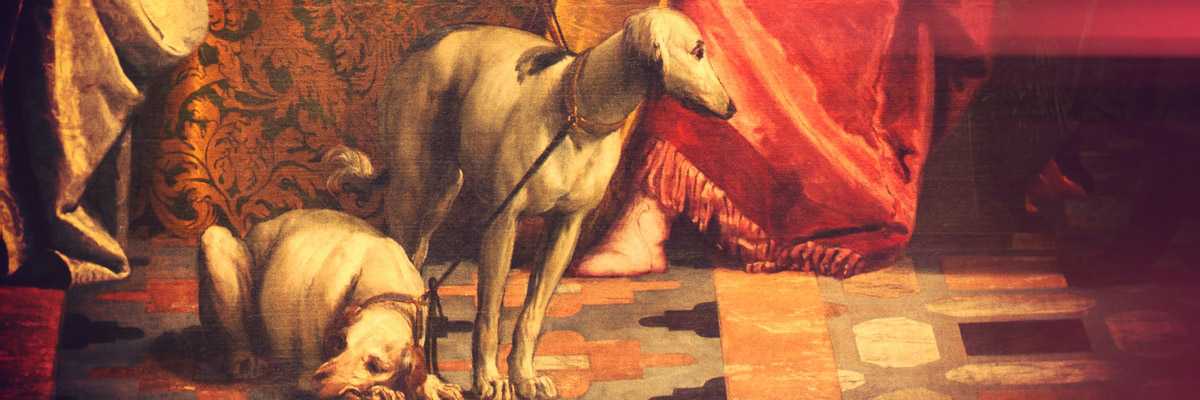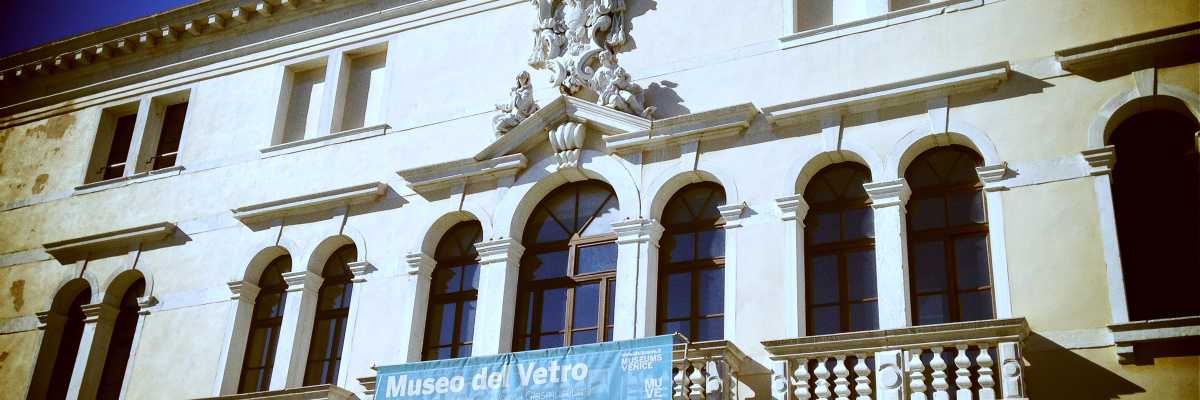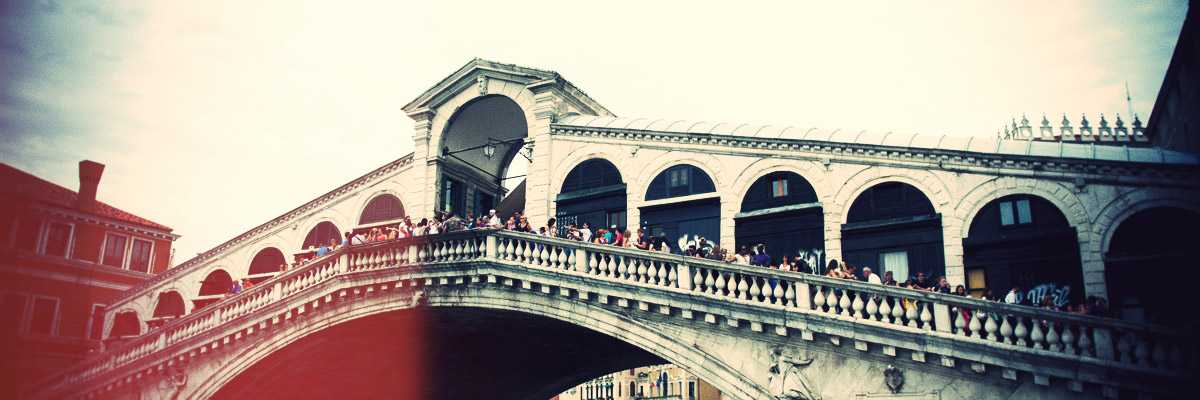Some twenty years ago, in a magazine that dealt with New Age and spiritual topics, I read an article about the Age of Aquarius - into which we have been moving for some years now, coming out of the Age of Pisces.
The part that most caught my attention was: humanity will go through a period of pain and upheaval, which will then lead it to a new cycle, more positive, more conscious, more spiritual, less material, more in touch with Nature.
This difficult period we are all going through has brought it back to my mind.
The New Age thought and movement is placed as its origin in 1967, in Scotland, when the Findhorn Garden Community was founded, although it owes its international spread from 1970 onwards, when it began to spread in the United States. This movement is not without its critics, as it also includes groups dedicated to witchcraft, spiritualism, sects and cults of oriental origin, which are usually frowned upon. This is due to the absence of a centralised and hierarchical organisation. However, within it we also find pacifists, ecologists, scientists, psychologists, psychiatrists.
What connects these very different 'worlds'? The perception that the time is ripe for a profound and radical change of the whole of humanity, therefore of both societies and individuals, towards an era no longer dominated by violence, wars and Christianity - Age of Pisces -, but by a new era under the banner of peace, spirituality and love between peoples and towards Nature - Age of Aquarius -.
A concept, that of human eras, which can also be found in Joachim of Fiore, a Cistercian monk who lived in the second half of the 1100s, whose founding thought is based on the Trinity and whose personifications of the Trinity correspond to a historical era: to the Father corresponds the era preceding the coming of Christ and the related Holy Book, the Old Testament; to the Son, the era of Christ and the Church with the New Testament; to the Holy Spirit, an era in the making, the age of the Spirit.
According to the 'roadmap', we have fully entered the Age of Aquarius in 2020, the year of the Covid-19 pandemic, the year in which the term climate crisis definitively replaces the more 'simple' concept of climate change.
Two planetary events that, curiously enough, require unprecedented scientific, economic, political and social attention, cooperation and planetary action. Not only is the climate crisis more than the pandemic forcing us to approach everything in a different, in some ways radical, way, but above all, it is forcing us to perceive the world and our role in it in a profoundly different way.
Exponential human growth, ever-worsening air quality, ever-increasing scarcity of resources, climate upheaval, a shaky economy, and social inequality are all bright red active indicators that show us that this trend is no longer sustainable, let alone pursuable.
It is the negative baggage that, sticking to the concept of human eras, we inherit from the previous era, the Piscean era, dominated by material well-being.
However, it would be wrong to say that the previous era brought only negativity, because with it came an incredible evolution in health, technology, knowledge and sharing in virtually real time that is unprecedented. For some parts of the planet it has also brought widespread prosperity that did not exist in the past.
But, as mentioned, a new era has begun in 2020 and the climate crisis, together with the Covid-19 pandemic, shows what needs to be changed, improved and evolved for humanity to hope for a more liveable, healthier and safer future.
As David Attenborough said at the opening ceremony of COP26, today we have the tools, we have the knowledge, we have the resources to cope with this change, so that we and future generations can count on a future other than the one at risk of extinction.
The upheavals that the New Age movement is talking about we are already witnessing, with a vertiginous increase of extreme events in recent years, which are not interested in the illusory boundaries we have constructed in the past years: an extreme event strikes where there are ideal conditions for it, it matters little whether it is a so-called rich or poor nation, it matters little whether those who are hit are part of the cause or are just an innocent victim, it matters little whether you are rich or struggling to make ends meet. He strikes where he pleases and seems to, and does so with the intensity that suits him best.
The pain of the times is equally evident, between economic uncertainty, social inequality, climate inequality, constant and widespread states of anxiety, personal losses, environmental disasters and so on. It is a pain that will necessarily be part of change, not so much the change itself, but the resistance to it.
A resistance that is the result of cultural diversity, diversity of education and knowledge, diversity of social status, diversity of economic conditions, diversity of perception of the reality of things. Within these diversities we also find the most voluntary aspects of resistance, such as economic or political interests. And we also find the more human fears and apprehensions.
It is a difficult and complex time, because it asks us all to become deeply responsible, open to change and willing to question ourselves, stepping out of our comfort zone. But it is also so because of the complexity of the elements and aspects on which we must act, as quickly as possible.
However, as UN Secretary General António Guterres said, it is time to say enough is enough. No more brutalising biodiversity. No more killing ourselves with carbon. No more treating Nature like a toilet. No more burning and drilling deeper and deeper. We are digging our own graves.
Harsh words, but on which even science now agrees.
It is a difficult and distressing time because less developed nations need to develop, to provide more welfare for their people, and they must find a way to do so without the uncontrolled growth that other nations have enjoyed before them. These are further elements of tension that add to the others.
However, every crisis brings opportunities.
Leading us all towards a new, more spiritual era, free of the illusions and mental models of the past, is now possible precisely because of the immense wealth of knowledge we now have at our disposal, the technology and resources to do so, and the possibility of relying on a planetary network of real-time sharing that was unthinkable a few decades ago.
The signs of the change already taking place are becoming more and more numerous, the examples of good practices for sustainable living are already there, and not only related to individuals or small communities. Countries such as Colombia or Bhutan have already achieved important results. Economic indices themselves are increasingly being updated with indicators that measure human well-being on a broader scale that includes, for example, the environment, social relations, health, education and training, and subjective well-being. In Italy it is called BES, Benessere Equo e Sostenibile. The United Nations has created no less than 17 SDGs (Sustainable Development Goals). The World Economic Forum now regularly deals with topics such as sustainability, the climate crisis, a different well-being.
Humanity will be another determining factor. Don't feel alone, and don't make others feel alone. Understand that we are all disorientated and we are all busy managing our normal daily lives, committing to our own and our family's well-being. And it is only with everyone's commitment, and all together, that it will be quicker to get out of the most painful phase into a more serene one.
So let us trust the new Era, let us take action.




